Humans, third step: CYPRUS. The “Green Line” is lost in the sky | Benedetta Pisani interviews Marina Kyriakou

The next protagonist of HUMANS is a wonderful woman, passionate, professional, and tireless lover of life. Today, Marina Kyriakou, architect educated in Strasbourg and Amsterdam – where she currently lives – will share something precious with us… Her beloved Cyprus.
The historical division between the Republic of Cyprus, mainly inhabited by Greek Cypriots, and the Turkish Republic of Cyprus, in the Northern area of the island, dates back to 1974. The “Green Line” traced at that time, marked the boundaries of a dispute that remains still unsolved today.
Which are the historical motivations of the hostility between Nicosia and Ankara?
Marina: well, it is always difficult for me to talk about political issues. Growing up in this divided island and listening to different stories, there comes a moment where one may say “there’s no single version of the truth” … The location of Cyprus is very strategic; the island lies at the intersection of three continents. The exchange between people who live in the territory of Turkey and Cyprus goes back many centuries and of course the power dynamics and the conflict of interests have resulted in what we could describe “hostile” atmosphere in the region.
And which the consequences lived by the Cypriots, in terms of Human Rights violations?
Marina: The general feeling is an identity crisis; people are not sure where they belong, and I dare to say that there is a trace of “shame” about the Cypriot history. People have difficulty in accepting the situation that they are born in and this is definitely not helpful for creating a sustainable future of the people who live on the island. The Green Line is a space characterized by absurdity…The division of a small island like Cyprus have resulted in thousands of people who feel that are refugees in their own country…Freedom of movement is restricted and freedom of expression is stigmatised by nationalistic views and political correctness.
How the UN intervened in defence of the independence, unity, and territorial integrity of the island?
Marina: The UN buffer zone managed to keep peace between the communities and avoid the killing and other terrifying impacts of war. However, freedom of movement is controlled and limited by the demilitarised zone and the physical separation makes the reunification more challenging. So even though the Peacekeeping taskforce of the UN stops the conflicts, the lack of exchange and interaction between the two halves of Cyprus sustains unhealthy beliefs and positionalities.
An historical introduction was necessary in order to put the current energy dispute between the Greek-Cypriot government and Turkey into the wider scope of the “Cyprus issue”.
The UN Convention on the Law of the Sea states that the territorial waters of a country shall extend to a distance of 12 nautical miles (22.2 km) from the coast baseline, but its Exclusive Economic Zone (in which the country can claim fishing, drilling and mining rights)can be extended up to 200 nautical miles and, when the distance between two countries is less than 424 nautical miles, the EEZ shall be established with a demarcation agreement.
Turkey has not signed this Convention and in 2019 has started some drilling activities, deemed illicit by the international community, which does not recognise the Turkish Republic of Cyprus as a legal entity. The Minister of Foreign Affairs of Cyprus, Nikos Christodoulides, called the current situation in the Eastern Mediterranean “unacceptable”, since it seriously restricts Cypriots rights and freedom.
Speaking of rights’ restrictions… Not too long ago, the Cypriot Parliament rejected by a large majority the trade agreement between EU and Canada, seen as dangerous both for the small local entrepreneurs, since protection against imitation of typical agri-food products is not granted, and for consumers’ health, in view of the lowering of quality standards due to the extensive use of pesticides by most of the Canadian farms.
Which are the political parties that mostly took part in the opposition against CETA? And what consequences might this non-ratification have, in terms of economic and environmental impact?
Marina: Socialist and Green parties were the opposition parties against CETA and their main concern was the inadequate protection to Cypriot Halloumi cheese, the uncertain future of local small producers but also the promotion of genetically modified products. I really have no idea about the consequences of this non-ratification but I hope there is a pressure in overcoming barriers to sustainable trade between countries. It is unacceptable in 2020 to continue lowering quality standards and neglecting the consequences on human health and environmental impact for economic benefits.
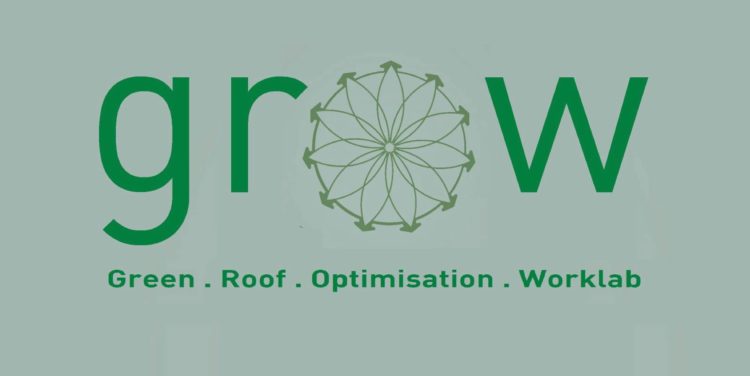
Marina is part of the team project G.R.O.W., a tool of human and environment dignity defence, a model of interaction between the Cypriots communities within a sustainable, self-sufficient and boundless view… the sky. It is about rooftop gardens, actual city orchards over the tops of Cyprus buildings, where the social purpose of inclusion is deeply interconnected with the ecological one of sustainability. In this way, G.R.O.W. aims to create a “community space” that promotes people health, well-being and happiness.
How did you get into your project idea? And how your team has worked on it?
Marina: The lack of continuous public space in Nicosia because of the Green Line, results in an uncomfortable feeling of suffocation in the city. The dead ends, the barricades and the “no entry” signs prevent us from exploring our city in the way we want to. So, the GROW team suggests the use of the top of our buildings as communal spaces where we can enjoy the view of our Nicosia as one whole city. When standing on a rooftop, the border dissolves, it does not exist, and the city is unified under one single blue sky. The team of GROW is multidisciplinary, and every member offers a unique skill and expertise that enriches the project.
What are the midterm and long-term goals you intend to pursue?
Marina: We are constantly looking for an available rooftop to experiment and begin to measure the positive impacts of our idea. And of course, funding to kickstart the project! The long-term goal is obviously to create an elevated layer of green community spaces in the capital and illustrate how a divide city can be reunited to showcase peace and sustainability!
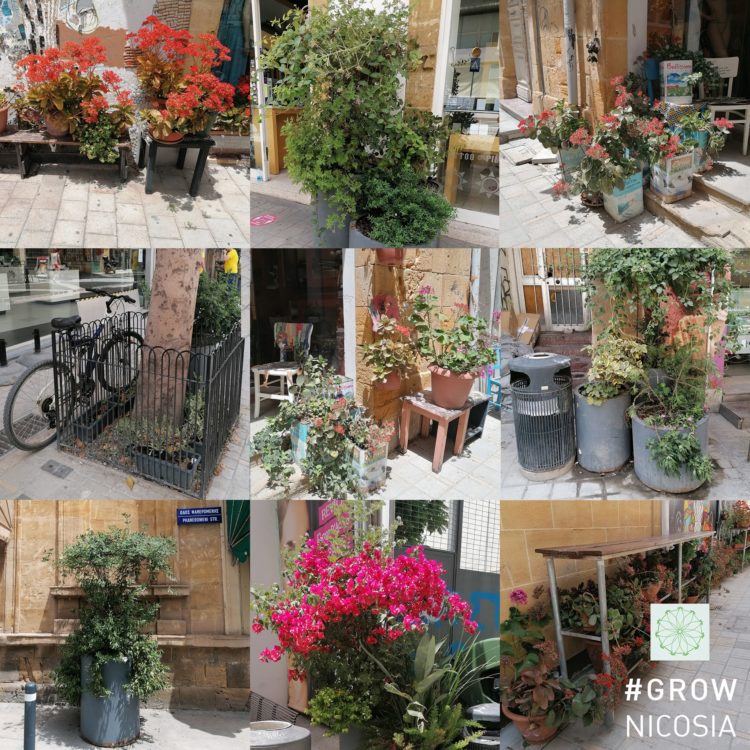
HUMANS aims to “combine business with pleasure”, sharing information, stories, life experiences of people from all over the world, while running a parallel investigation in search of happiness… The final big question cannot miss, then:
Marina what is happiness for you?
Marina: Happiness is an approach to life. I can always reach it even in hard times if I allow myself to see the blessing in disguise…It took me many years in order to realise that “being happy” is not an end product of a process or a result of specific conditions. Now I know that “being happy” is a choice that I must take whenever I feel that happiness is missing for one reason or another… The simplest things that make me feel happy are the appreciation of nature, of human beings that I feel connected to and life itself…Luckily, I can have these in every single moment of my day…


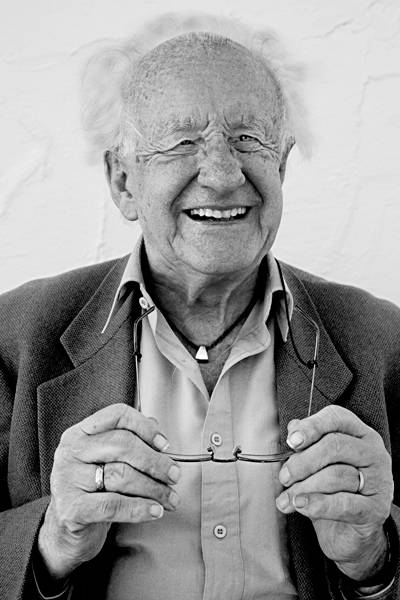
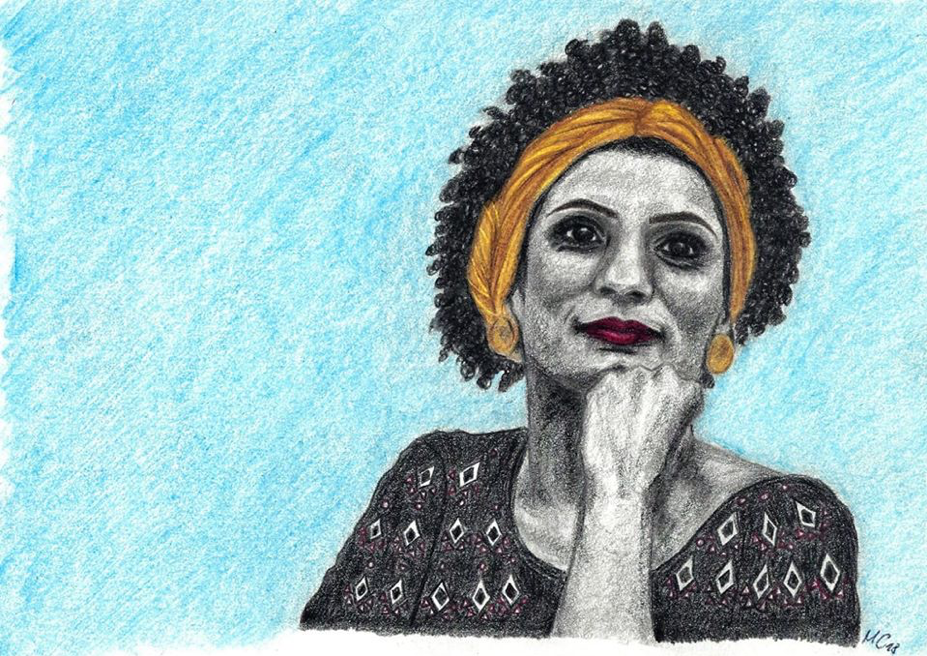
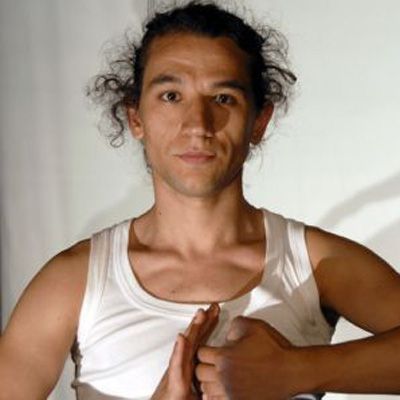
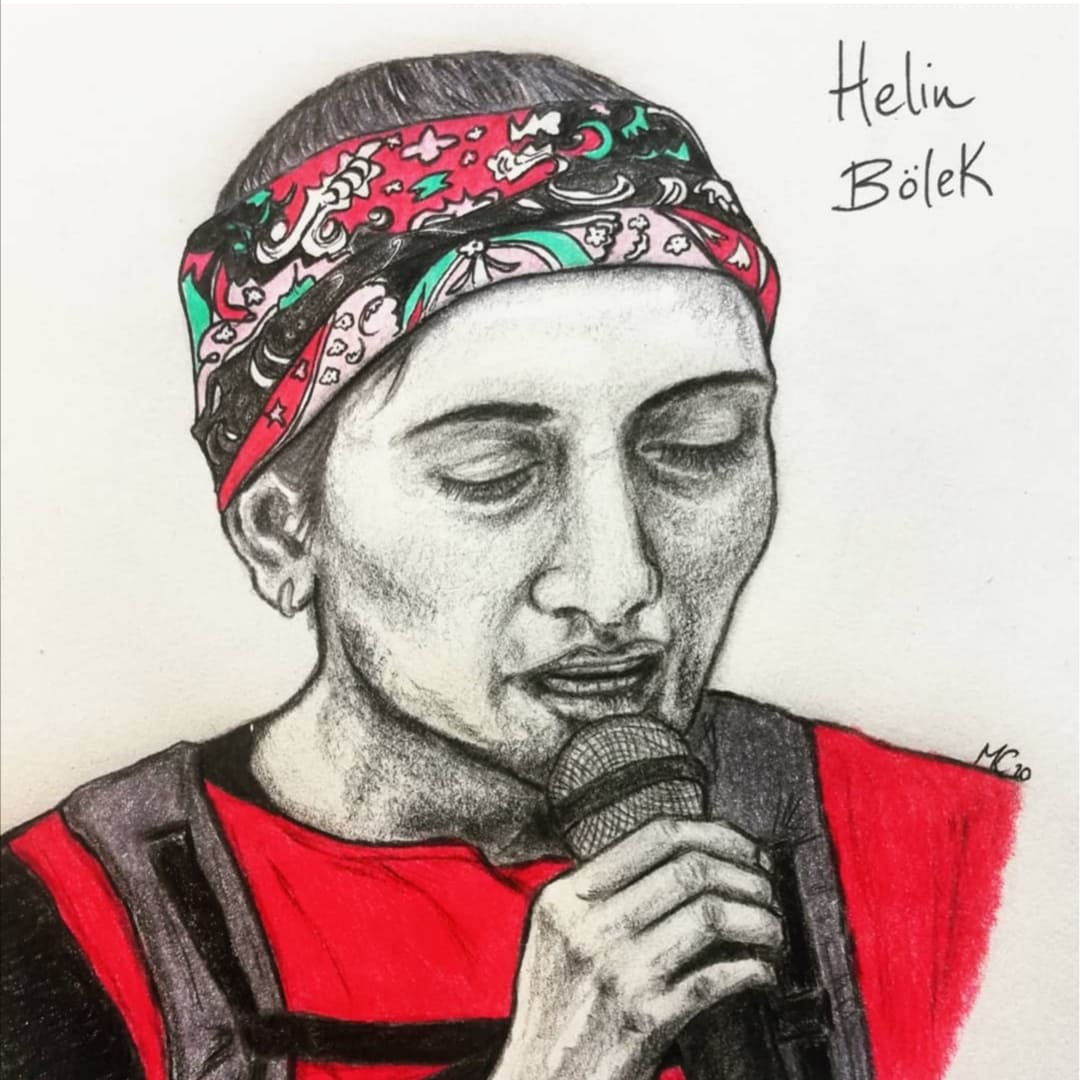

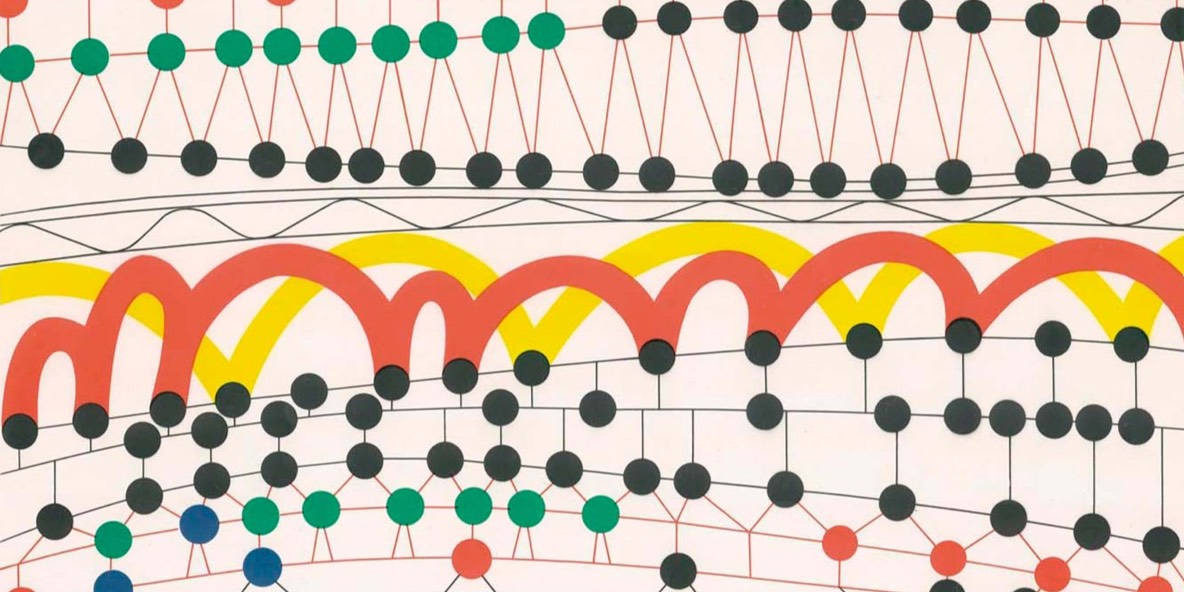
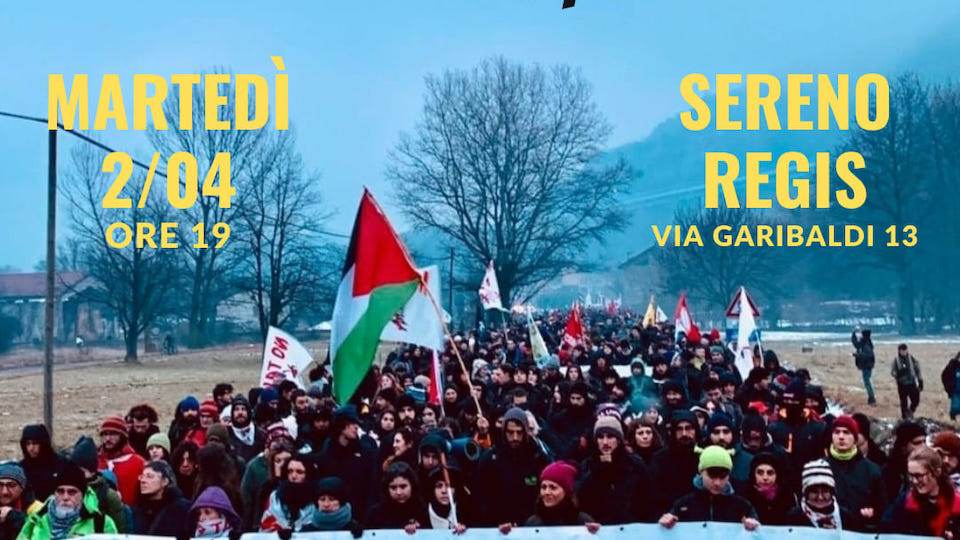
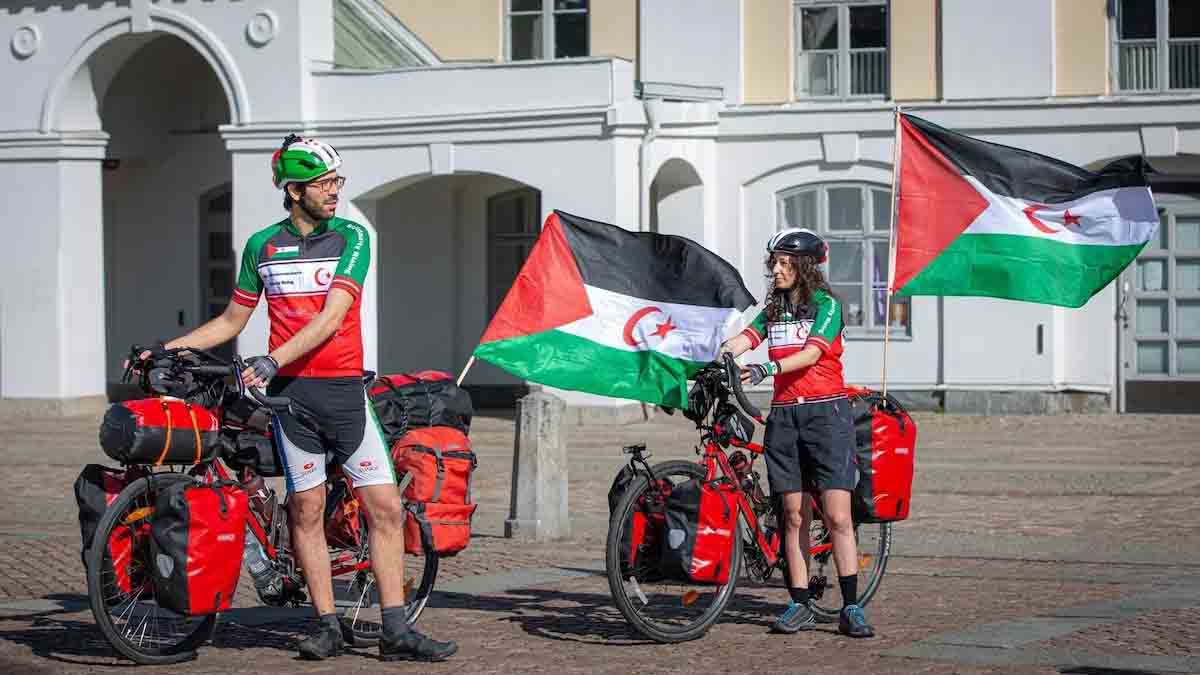
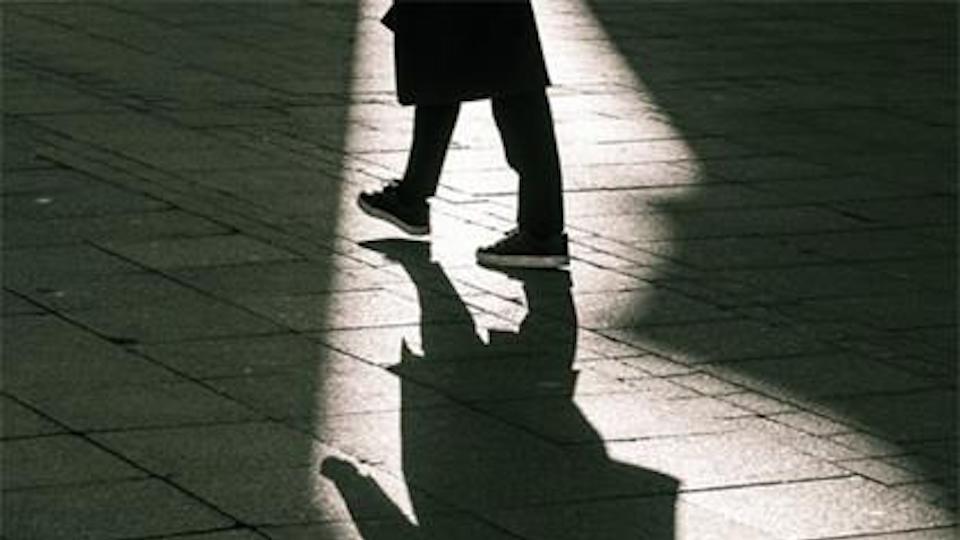


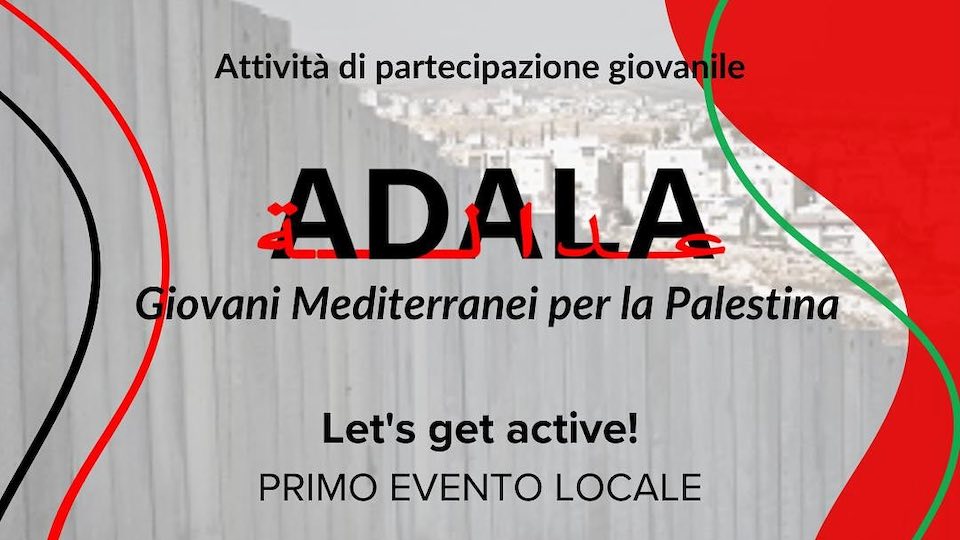
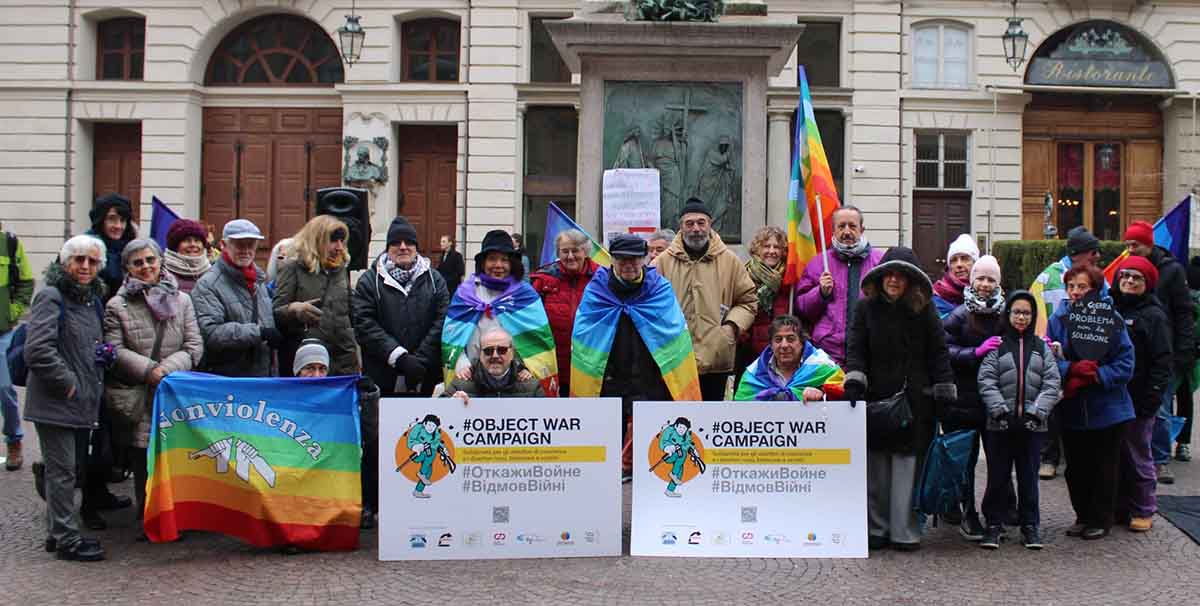
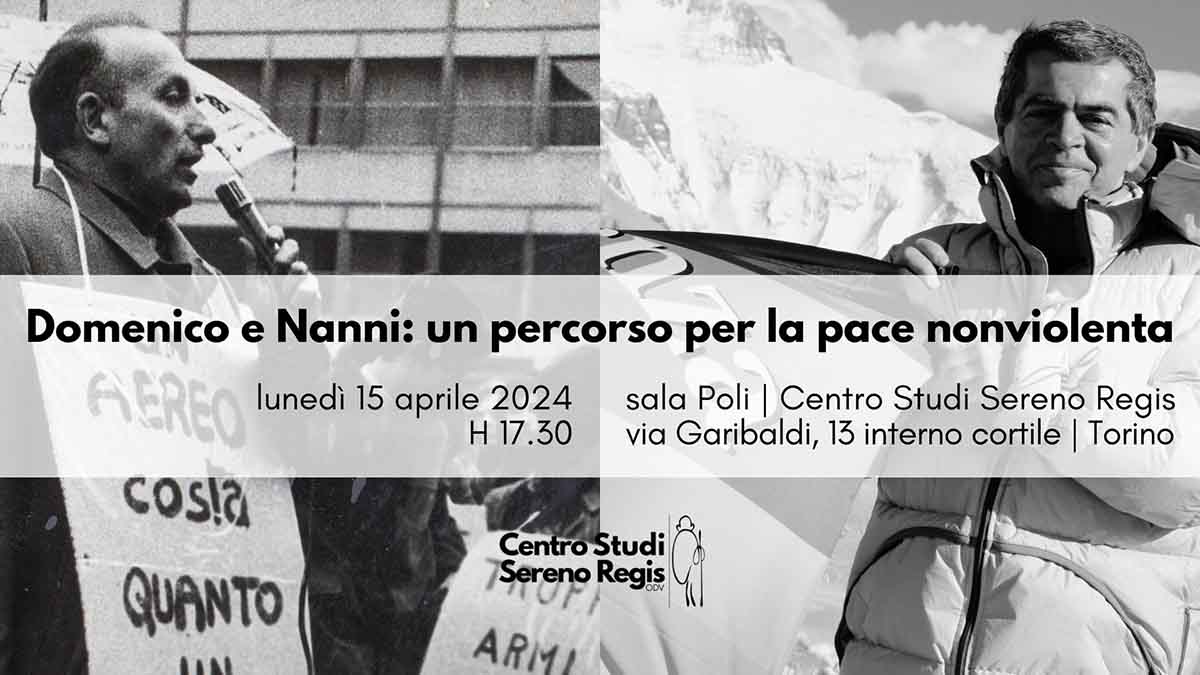
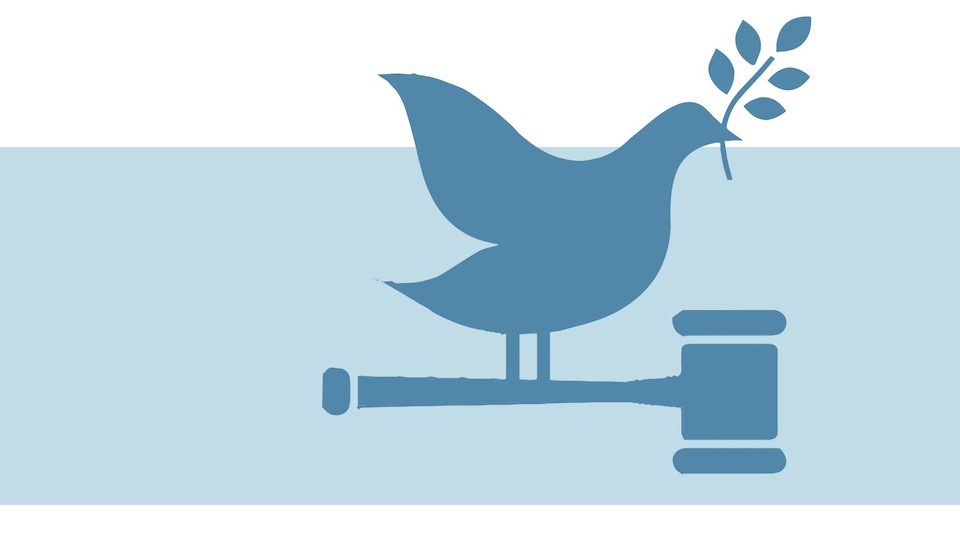
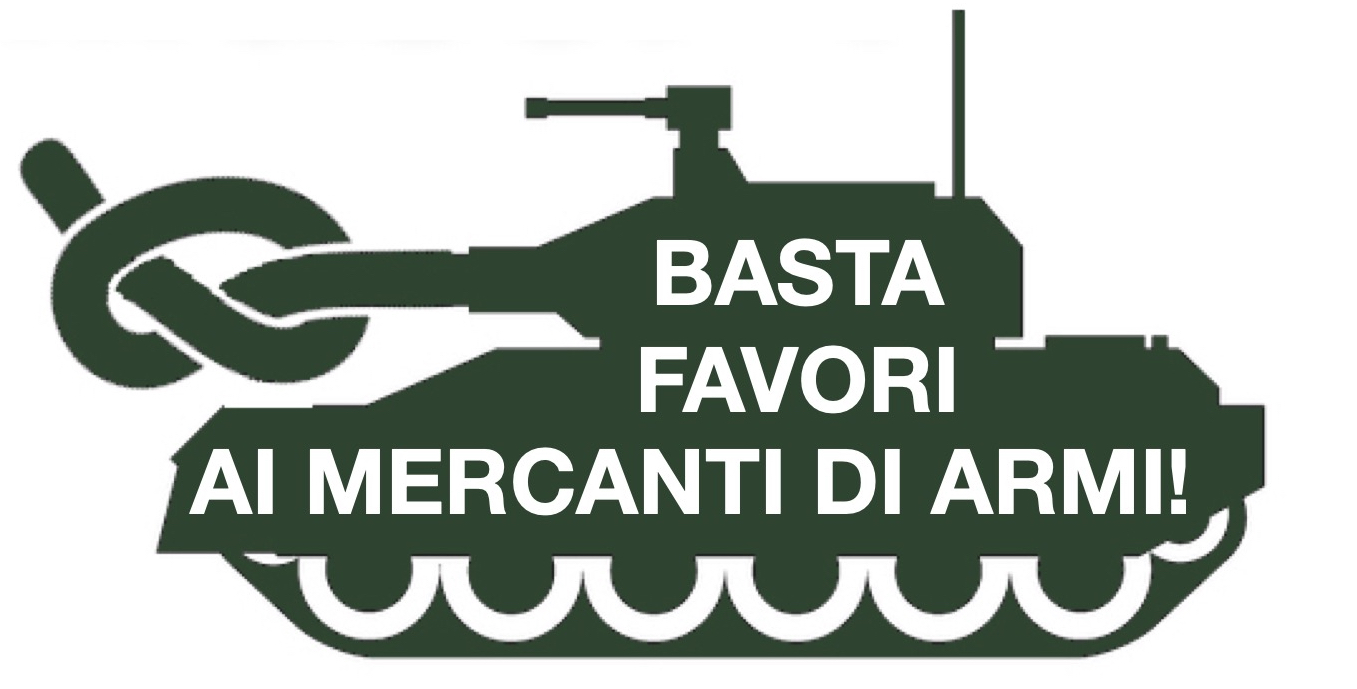
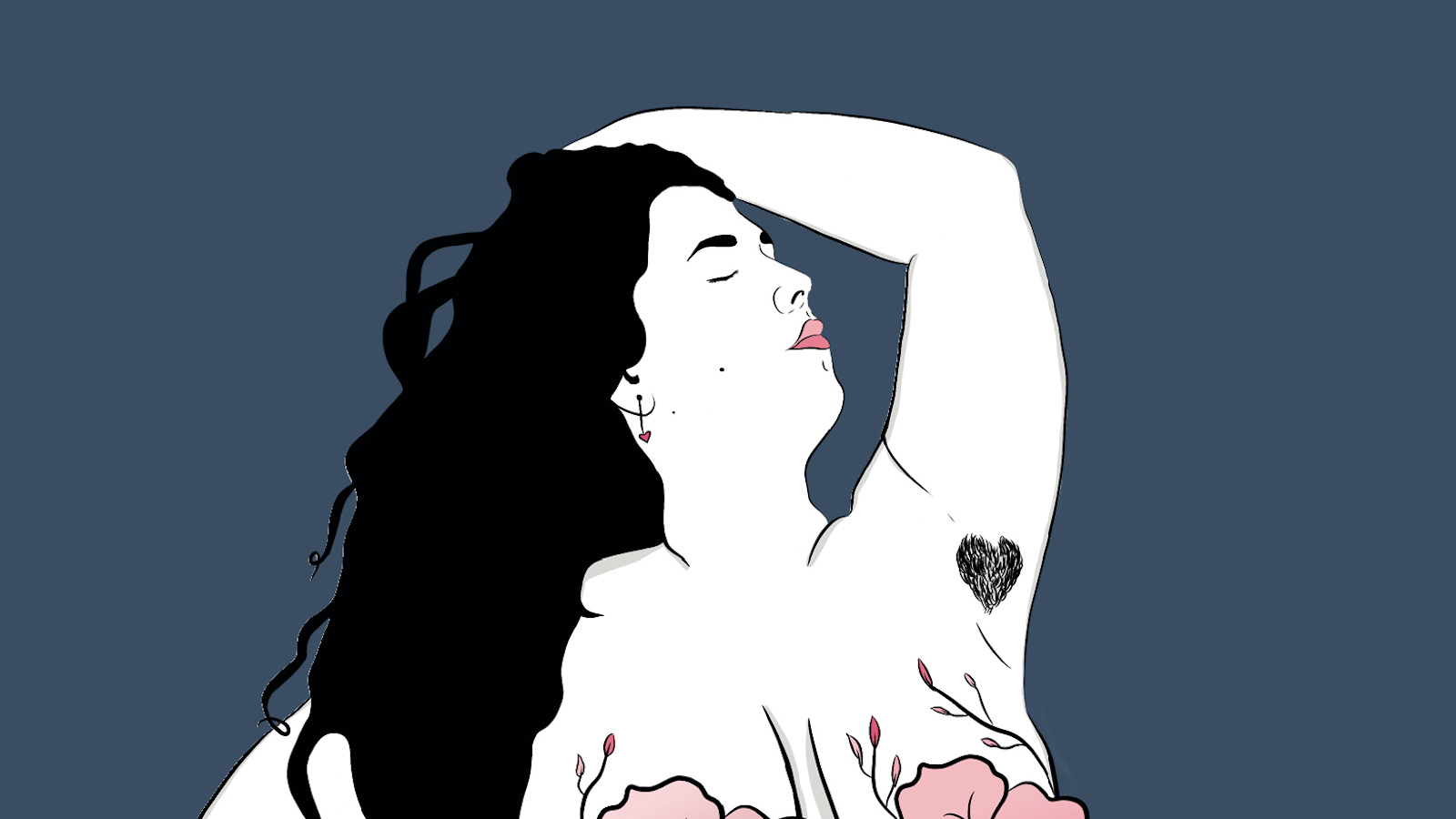
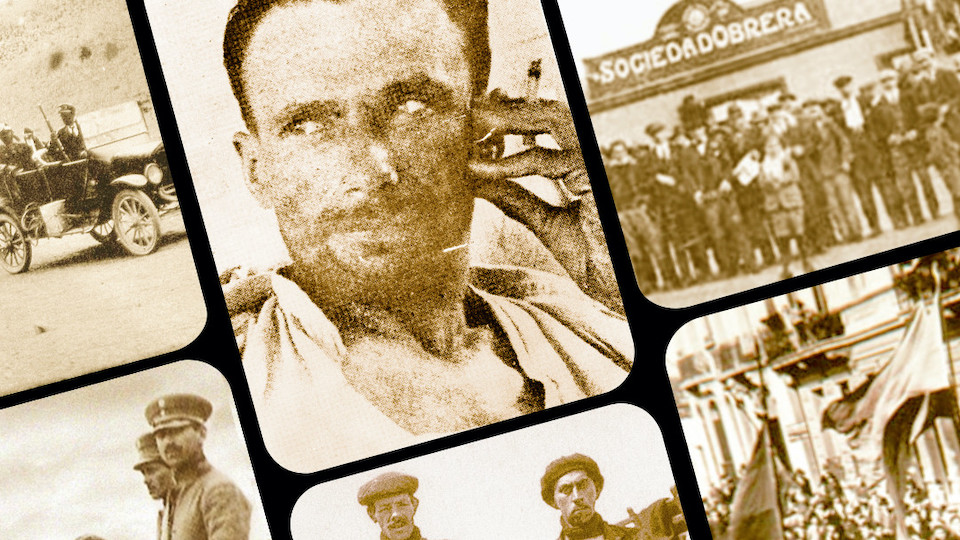
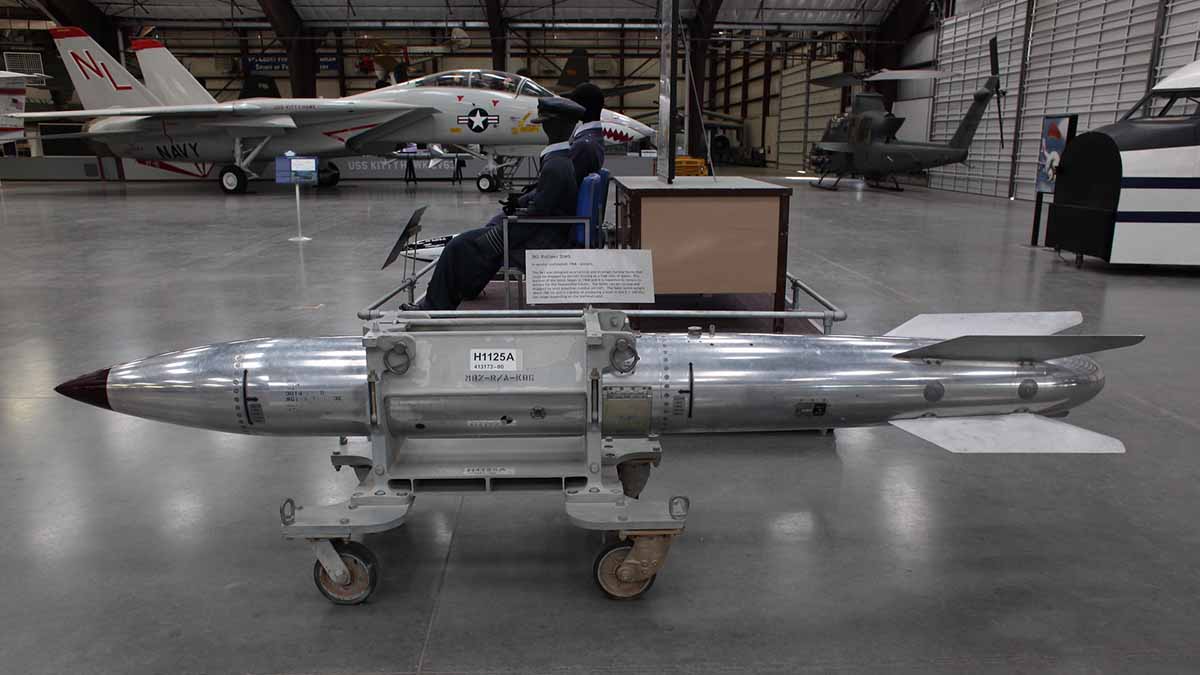
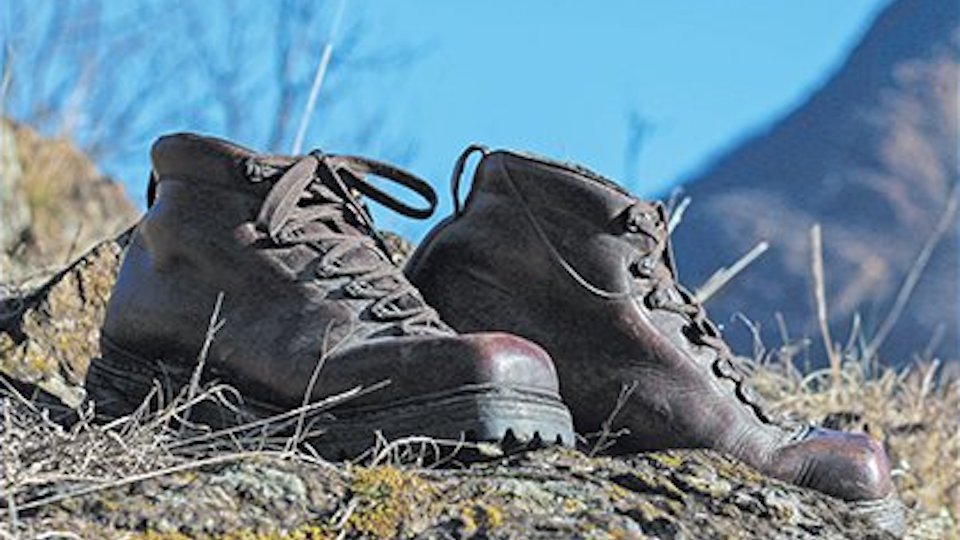
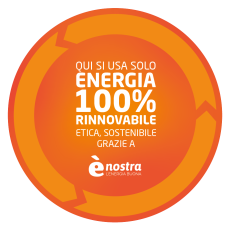
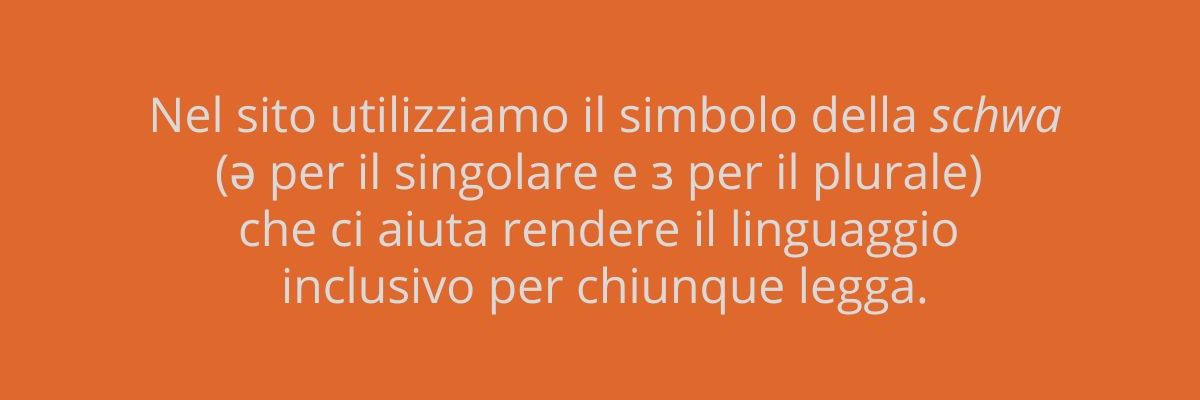



Lascia un Commento
Vuoi partecipare alla discussione?Sentitevi liberi di contribuire!